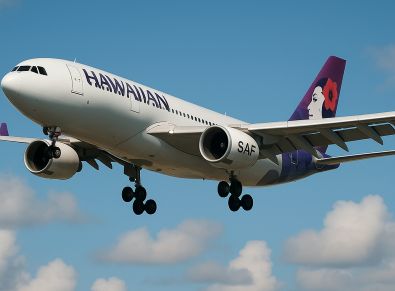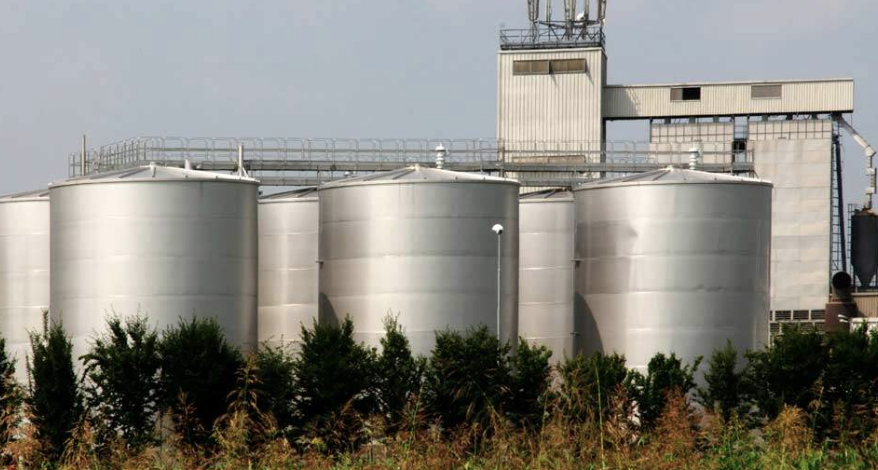
September 7, 2025
China’s decision to extend anti-dumping measures on Canadian canola until March 2026 has intensified pressure on Canada’s agriculture sector. In response, Prime…

September 6, 2025
Qantas has reaffirmed that sustainability remains its top priority, pledging over US$65 million towards sustainable aviation fuel (SAF) and other decarbonization projects.…

September 5, 2025
The White House is reviewing a draft rule that could reshape the Renewable Fuel Standard by deciding whether to reallocate biofuel blending…

September 4, 2025
The U.S. Energy Information Administration (EIA) reported that imports of biodiesel and renewable diesel are set to fall to their lowest levels…

September 3, 2025
On September 3, Shell Netherlands, a subsidiary of Shell, announced it will not restart the construction of a large biofuels plant at…

September 1, 2025
On August 29, Hawaiian Airlines announced it will use Sustainable Aviation Fuel (SAF) on flights between Osaka and Honolulu, under a supply…

August 28, 2025
Recently, a WTO ruling favored Indonesia, determining that most of the EU’s 8%-18% anti-subsidy tariffs on Indonesian palm oil, imposed since 2019,…

August 28, 2025
Malaysia’s Deputy Minister of Plantation and Commodities, Datuk Chan Foong Hin, announced that the government plans to mandate a 1% Sustainable Aviation…

August 28, 2025
On August 25, 2025, an Air France Airbus A220 completed its delivery flight from Airbus’ Mirabel facility in Canada to Paris, powered…

August 26, 2025
On August 22, the UK Trade Remedies Authority (TRA) published the Statement of Essential Facts (SEF) for its anti-dumping investigation into biodiesel…





